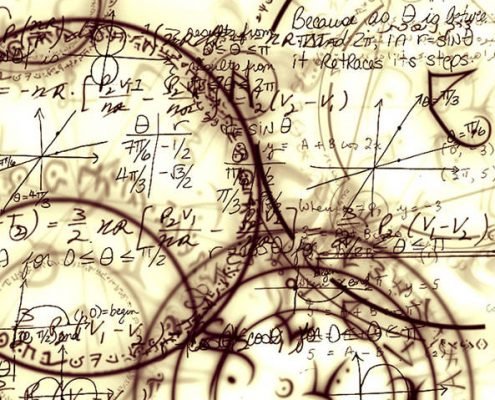
Project Euler – Problem 6 Çözümü
0 Yorumlar
/
Project Euler’in 6. problemi, matematiksel düşünme ve programlama…

Project Euler – Problem 5 Çözümü
Merhaba! Project Euler’in 5. problemi, hem matematiksel düşünceyi…

Project Euler – Problem 4 Çözümü
Soru: Palindromik bir sayı her iki şekilde de aynı şekilde…

Project Euler – Problem 3 Çözümü
Soru: 13195 sayısının asal çarpanları 5, 7, 13 ve 29'dur.…

Project Euler – Problem 2 Çözümü
Soru: Fibonacci dizisindeki her yeni terim, önceki iki terimin…

Project Euler – Problem 1 Çözümü
Soru: 10'dan küçük ve 3 veya 5'in katları olan tüm doğal…
